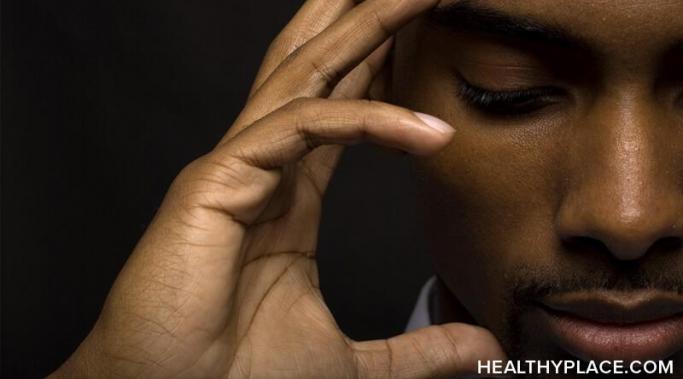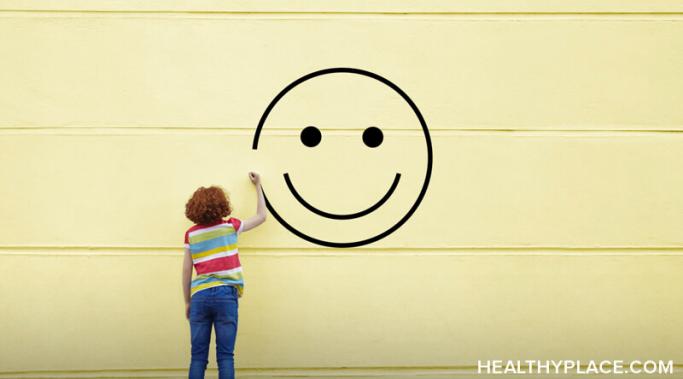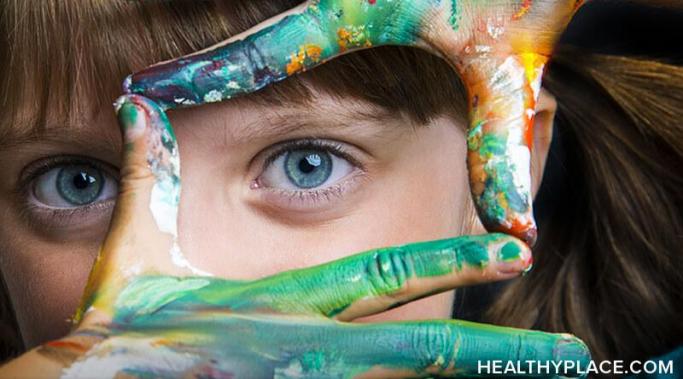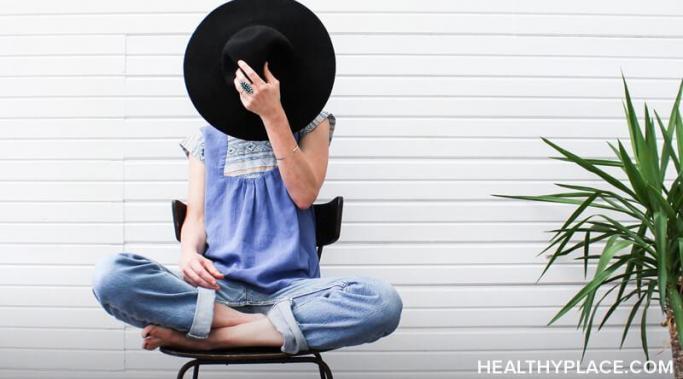People might think I have my life together, and for the most part, I do. But even after years of recovery, I still struggle. My struggles and how I react to them are different now from when I was first diagnosed, but some days it is painfully clear that recovery is a lifelong battle.
Self-Improvement - Recovering from Mental Illness
It might sound simple, but knowing how to process emotions instead of reacting to them has been a huge part of my mental health recovery journey. My automatic instinct when I feel any emotion is to react to it with another emotion. Then I react to that emotion, and the cycle continues until I have gotten myself truly worked up and the original emotion has been buried beneath layers of confusion and shame. Clearly this isn't the healthiest method for dealing with emotions. Through therapy and journaling, I'm learning to process my emotions instead of reacting to them.
"Feel the fear and do it anyway" is a popular motivational phrase, but its wisdom is often difficult to actually implement in your life, especially if you deal with anxiety. Fear and anxiety are huge, overwhelming emotions, and many of us struggle to even allow ourselves to feel them, let alone feel them and then continue functioning like a healthy person. Still, that doesn't mean it's impossible. It just means we may need some help to "feel the fear and do it anyway." These are three tips I've developed through years of living with anxiety.
I have recently quit drinking. Drinking has negatively impacted my life for the past few months and I decided to stop a couple weeks ago. I am hoping this will put me on a path to a healthier life both mentally and physically.
Let's face it -- getting through the day with a mental illness can sometimes feel like an uphill battle, so having good mental health habits is priority one. My biggest challenge is avoiding stress-induced mental illness symptoms. It helps to go day-by-day, step-by-step, and to remember my priorities. Here are a few everyday habits I have developed to keep my recovery on track.
Using creative projects for mental illness recovery helps me immensely. The arts have played an integral part in my recovery from schizoaffective disorder. It all started with a five-week stay at a treatment center where I received my initial diagnosis. There was a lot of downtime at the center and I was frequently digging through their stash of art supplies. I had frightening visual hallucinations and found it very therapeutic to draw them.
I frequently struggle with my hot head, my anger, which feels a little embarrassing to admit. I'm a very anxious person -- something I address in a lot of my articles -- and my anxiety often manifests as anger. I try not to make my anger visible when I'm around others, but it's an all-consuming emotion that's hard to hide. I'm angry about wasting time and energy being so hot-headed, so I am searching for ways to ease my mind.
I am a different person than I was before my mental illness. The year was 2004. I knew I needed help and my parents invited me home. My mental illness was paralyzing, and although I had big dreams, my life was at a standstill.
Self-acceptance in recovery and self-love in recovery are both great goals to strive for, but for people like me, with deep-seated self-loathing issues, self-love oftentimes feels far out of reach. That's why I'm learning to turn to self-acceptance in recovery.
Emotional resilience is very important to a person's wellbeing. It is a way to describe how well you mentally bounce back from upsetting situations and events. Resilience can be crucial in mental illness recovery where stress can aggravate symptoms. Being able to better handle stress improves stability.









